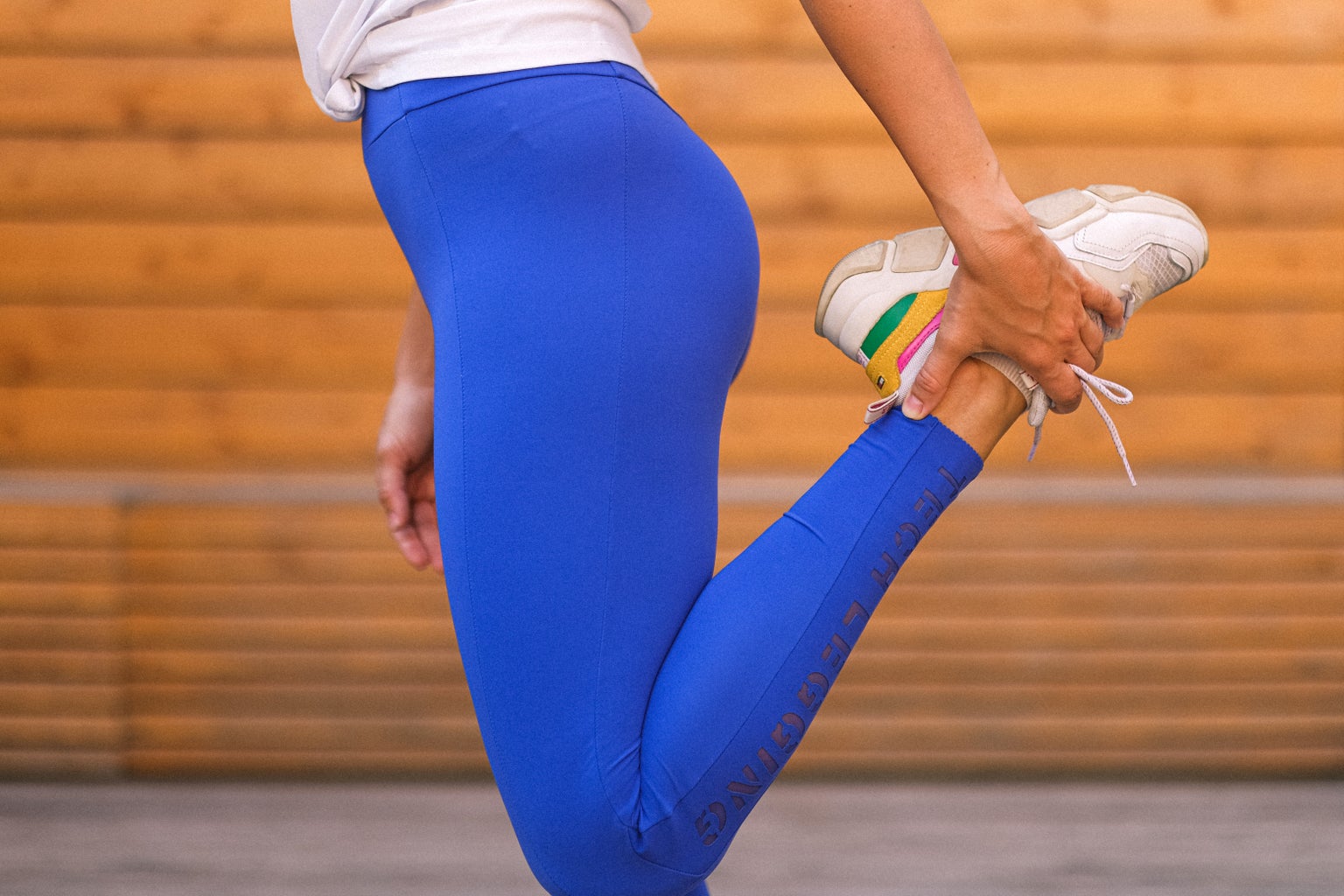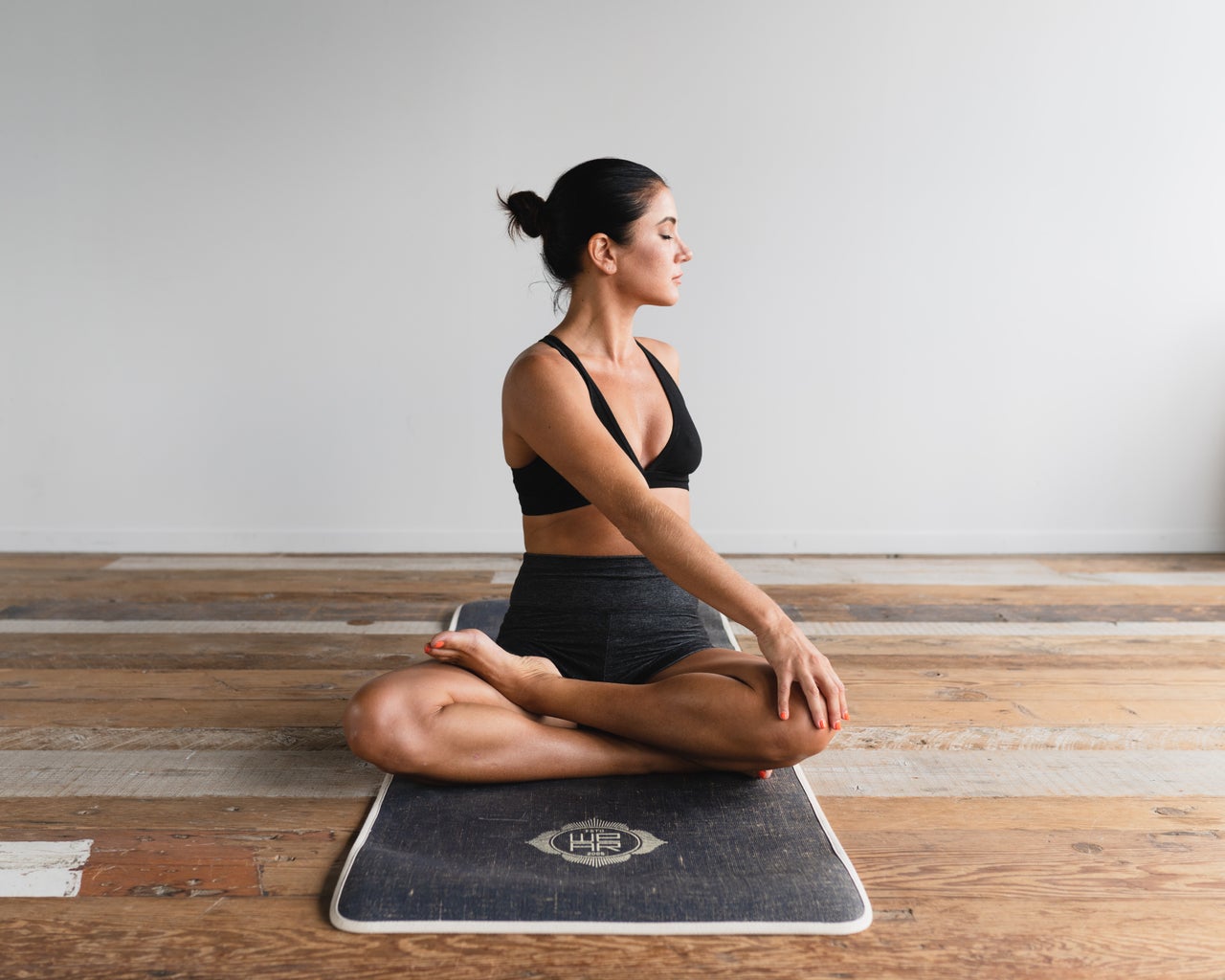TW: Discussion of eating disorders in reference to recovery.
An important note: If you are currently in recovery and working on weight restoration, make sure you consult with your health care team before pursuing any kind of exercise.
Exercise is a touchy subject in eating disorder recovery. There are so many amazing benefits to exercise, both in terms of physical and mental health, but it can be difficult to repair an unhealthy relationship with exercise. After years of exercising for the wrong reasons, I’ve finally settled into an exercise mentality that works for me.
I’ve been in recovery for the past three years and consider myself fully recovered.* When I was a sophomore in high school, I discovered rock climbing. I credit rock climbing for kick starting my healthy exercise journey. Before climbing, my motivation to work out always had to do with burning calories, losing weight, and changing the way my body looked. When I started climbing, my mindset completely shifted. Instead of focusing on what my body looked like, I focused on what my body could do. My desire to be thin shifted to a desire to be strong. My desire to eat low-calorie foods shifted to a desire to eat nourishing foods. My desire to lose weight shifted to a desire to gain muscle. But sadly, I was still obsessive about my weight and weighed myself constantly at the climbing gym.
I climbed regularly from the end of sophomore year until COVID hit my junior year. During lockdown, I lost access to the rock climbing gym, but I also lost access to a scale. I haven’t weighed myself since, and it has been the best decision I have ever made for my recovery. I missed climbing, but the six months I had with it propelled me far enough to maintain my progress while I was without it. I kept up with exercise in other ways that felt good for me. I went on runs to get out of the house, I did Yoga With Adriene videos, and I had little dance parties in my room. I did workouts that were fun and enjoyable for me.
The negative thoughts and intentions didn’t completely disappear, but they got quieter and quieter over time. Quarantine was a terrifying and miraculous time for me in terms of recovery. Being cooped up in my house caused me a lot of anxiety in terms of the lack of movement I was able to do, but it also forced me to listen to my body and rest.
I got back into climbing once I got to CU. It is still one of my favorite hobbies and forms of exercise. Negative thoughts still creep in, but I don’t act on them anymore. I often forget how far I’ve come until I think back to the broken girl I used to be. Recovery is scary, but it is so worth it. If you are recovering from any sort of unhealthy relationship with exercise, here are my tips on how to begin your healing journey:
- Do something you enjoy doing.
- Focus on how it makes you feel instead of how it will make you look.
- Listen to your body and take rest days.
- Gentle movement is still movement.
- Eat nourishing foods, especially when you exercise.
- Don’t compare yourself to others; their journey is not yours.
Healing is hard, but it isn’t impossible. It isn’t linear, and it’s messy. The decision to recover was the hardest decision I have ever made, but it has also been the best. Give yourself grace, and remember you aren’t alone. I believe in you.
*Note about full recovery: There is debate in the eating disorder recovery community around what it means to be fully recovered and if full recovery is even possible. My perspective is that each individual determines what full recovery is for themself. For me, this includes full weight restoration, intuitive eating and food freedom, and a healthy relationship with exercise. I am at a place in my recovery where I still have disordered thoughts, but they are less frequent, less obsessive, and I no longer act on them.





